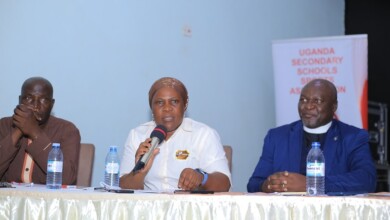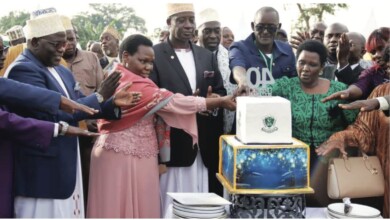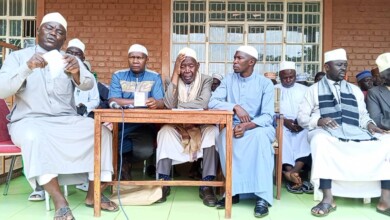Making Sermons Relatable to Children
By Rehma Raja Nakiranda
As a child, I remember looking forward to Friday prayers, or Juma, because it was a chance to play and chat with friends. We would eagerly yell “ammmmmeeeennnn” after every surah al-Fatiha during the prayers, mispronounce the Adhkar loudly, and squeeze each other’s fingers during the Salam to make sure we weren’t angels. However, I don’t recall a single sermon that made sense to me as a child, except for the scary ones that we misunderstood, like the stories of Dajjal or the squeezing of the graves.
As an educator, I have attended many Juma prayers at primary schools, and I have found the sermons to be long and unrelatable to the children. I once approached a Sheikh about a sermon at a primary school where the younger students were sleeping, the older girls kept walking in and out of the mosque, and the boys were either dozing or staring off into space. When I raised concerns about the sermon, the Sheikh dismissed my concerns, saying, “If adults doze off during Juma sermons, what about young ones?”
A friend told me that his seven-year-old son wanted to get married after returning from the mosque. I assumed the Sheikh must have been passionate about encouraging people to marry young, but he forgot to consider the age of his audience and failed to specify that this was not applicable to children.
So, I assumed that children were expected to endure long, unrelatable sermons until they grew up and understood them.
However, my perspective changed when I visited Harmony International School in Kansanga for some consulting work and had the privilege of joining them for Juma prayers. The Sheikh’s sermon was about sharing and how to utilize the last ten days of Ramadan and what to do during Lailatul Qadr, a night of power and decree during the holy month. This was something that we, as children, didn’t fully comprehend, and everyone had their own version of what they thought it was.
The Sheikh delivered the entire sermon in English and kept the explanations very simple. He explained that Lailatul Qadr was the night of power and decree, where Allah decreed and the best thing to do was Istighfar (asking for forgiveness), and he explained the Adhkar (supplications) as well as the importance of Istighfar in ensuring Rizq (provision).
It was a very short Khutbah, and when he took a break, he reminded the children to do Istighfar when the imam sits. Then he stood up, wound up the sermon, and we prayed.
After the sermon, I noticed many hands up, and the Sheikh said he would pick two boys and two girls to tell the rest what they had learned from the sermon. I was in awe as the children explained what they had learned.
After the sermon, the children filed to the back, where one of the female directors was sitting, and said Salam and got hugs. I also got hugs. The Sheikh started rolling up the mats with the help of some children, and Juma prayers were done. This is what Juma should be about, children learning about their religion as children. I plan to attend more Juma prayers at Harmony International School in the future.





